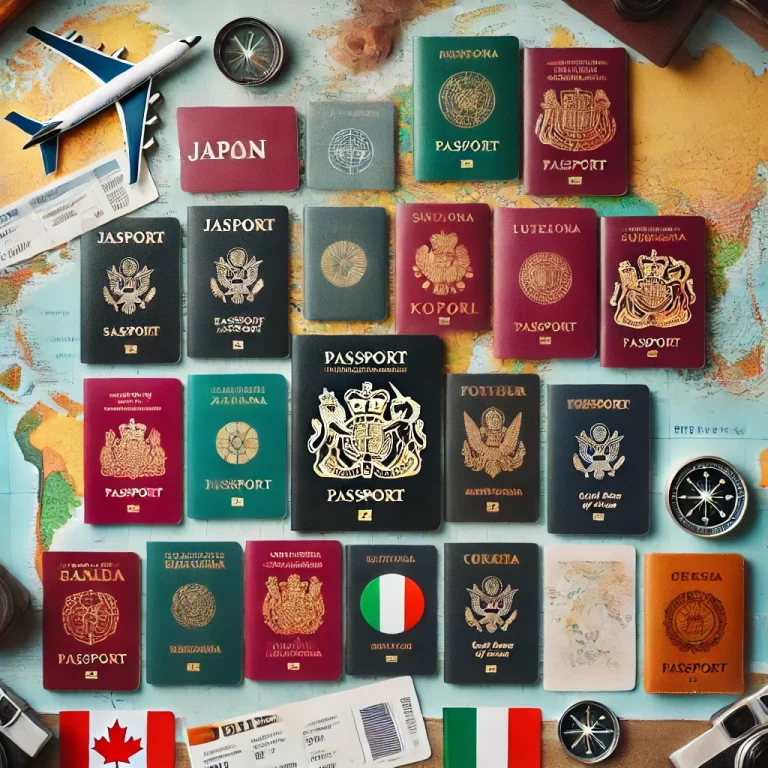Traveling to new destinations often involves crossing multiple time zones. While exciting, this can also be challenging. Jet lag can leave you feeling exhausted and disoriented. It occurs when your body’s internal clock is disrupted by rapid time zone changes. This makes it hard to adjust to the new local time. Fortunately, there are effective strategies to minimize jet lag’s effects. Understanding how to survive a jet lag is crucial for frequent travelers. It ensures you can enjoy your trip without being hindered by fatigue.
What is Jet Lag?
Jet lag is a temporary sleep disorder. It happens when your body’s internal clock is out of sync with the local time. This misalignment causes symptoms like fatigue, irritability, and digestive problems. The severity of jet lag varies. It depends on factors like the number of time zones crossed and the direction of travel. Traveling eastward is often more difficult than traveling westward. This is because adjusting to an earlier bedtime is harder. To survive a jet lag, understanding your body’s circadian rhythm is key. External factors like light and activity levels also play a role.
Prepare Before You Fly
One of the best ways to survive a jet lag is to prepare before you fly. Start adjusting your sleep schedule a few days before your trip. If traveling east, go to bed an hour earlier each night. This gradual adjustment helps your body acclimate to the new time zone. You should also adjust your meal times to match those at your destination. These proactive steps can significantly reduce the shock to your system. They increase your chances of surviving jet lag with minimal discomfort.
Stay Hydrated Throughout Your Journey
Hydration is crucial for coping with jet lag. Airplane cabins have dry air, which can lead to dehydration. This can make jet lag symptoms worse. To survive a jet lag, drink plenty of water before, during, and after your flight. Avoid alcohol and caffeinated drinks as they can dehydrate you. Instead, focus on drinking water and eating hydrating foods. Proper hydration supports your body’s natural ability to adjust to the new time zone. This makes it easier to overcome jet lag.
Maximize Sunlight Exposure
Sunlight is a powerful tool for resetting your body’s internal clock. It helps regulate your circadian rhythm. When you arrive at your destination, spend as much time outdoors as possible. Especially in the early morning hours. This exposure to sunlight helps your body adjust to the new time zone. If you arrive during the day, resist the urge to stay indoors or nap. Instead, go for a walk or explore the local area. The more sunlight you get, the better your body will adapt. This makes it easier to survive a jet lag and enjoy your trip.
Use Naps Strategically
Strategic napping can be helpful in surviving a jet lag. If you’re extremely tired during the day, take a short nap. Keep it to 20-30 minutes. This brief rest can alleviate fatigue without disrupting nighttime sleep. However, avoid long naps as they can interfere with your adjustment. Try to stay awake until a reasonable bedtime in the local time zone. This will help your body adjust quickly and ensure a good night’s sleep. Good sleep is essential for overcoming jet lag.
Consider Sleep Aids When Necessary
Adjusting to a new time zone can be tough. In some cases, sleep aids may help you survive a jet lag. Melatonin is a natural hormone that can help you fall asleep. Take a low dose about an hour before bedtime. It can reset your internal clock. However, use sleep aids with caution. Over-reliance can disrupt your natural sleep cycle. Always consult a healthcare professional before using any sleep aids. Consider them a short-term solution to help your body adjust.
Adapt Your Eating Schedule
Your body’s internal clock is also influenced by meal timing. To survive a jet lag, eat according to the local time at your destination. This means having breakfast, lunch, and dinner at the right times. Regular meals help your body adjust to the new time zone. Light, healthy meals are easier to digest and prevent sluggishness. Avoid heavy foods, especially close to bedtime. They can interfere with your sleep and make adjustment harder.
Jet lag can be challenging, but it doesn’t have to ruin your trip. By preparing ahead, staying hydrated, maximizing sunlight exposure, and adjusting your schedules, you can reduce jet lag’s effects. Understanding how to survive a jet lag is essential for frequent travelers. Listen to your body and give it time to adapt. Take proactive steps to minimize jet lag’s impact. Safe travels!






